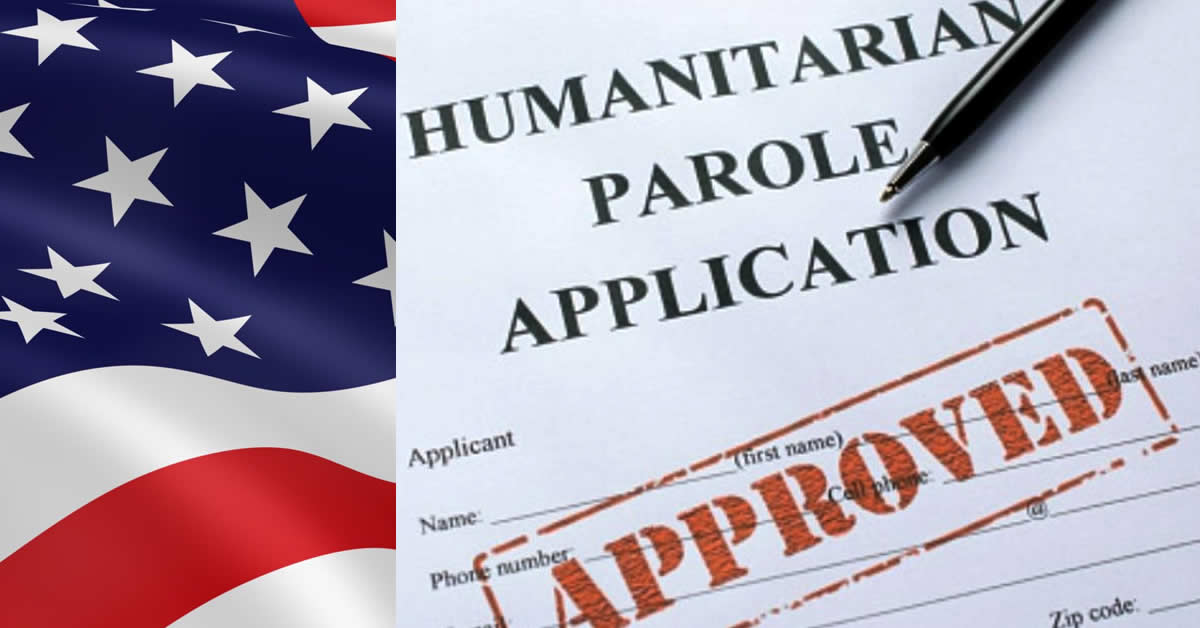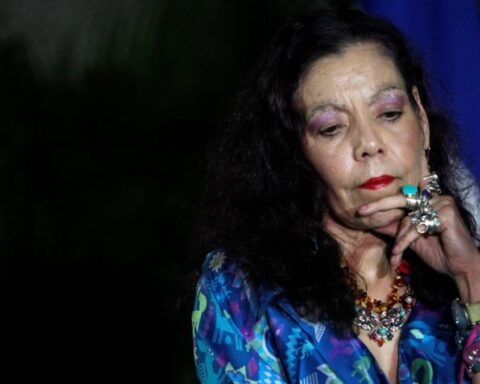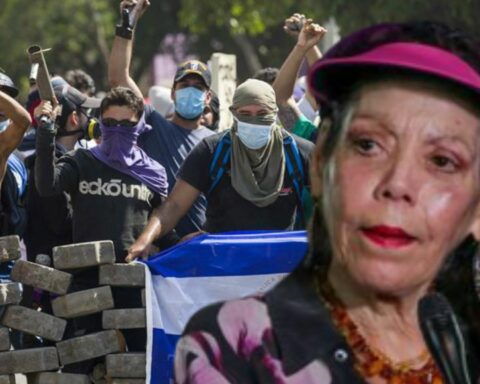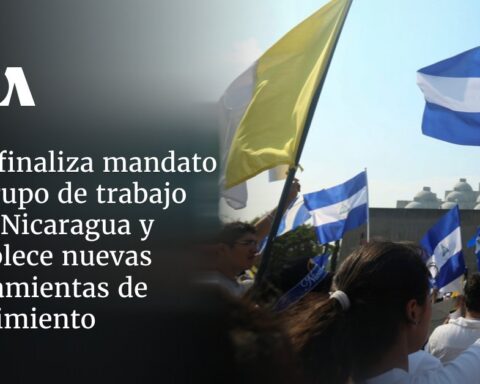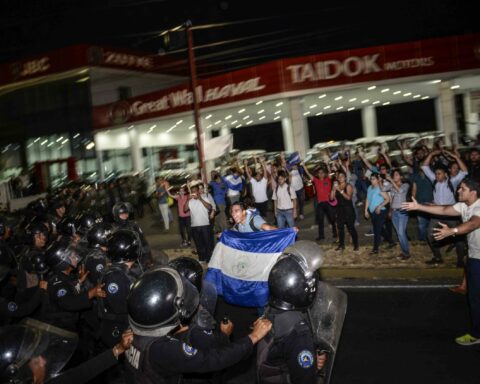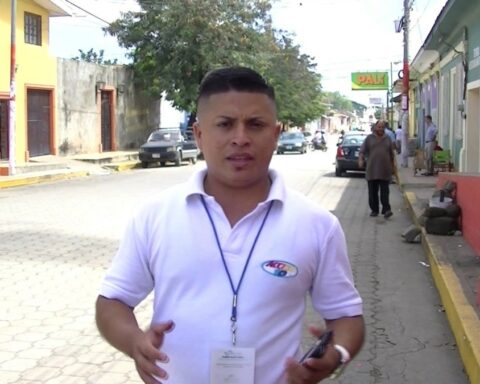Two weeks after the US government extended the program humanitarian parole for the citizens of Nicaragua, Cuba and Haiti, there are few cases of Nicaraguans that are known or have been made public that they have been benefited, which according to the reading of experts on migration issues is due to the fact that these residents currently face two big challenges: get sponsors and vulnerable to scams.
The humanitarian parole, a mechanism established by the Joe Biden administration at the beginning of January, will allow a total of 30,000 citizens of the three mentioned countries and Venezuela to enter legally and by air each month. The beneficiaries will be able to live and work legally in that country for two years. The program was born in the urgency of the North American government to stop the irregular migration of thousands of citizens who reached the border of Mexico.
According to data released by the United States Customs and Border Protection (CBP), Nicaraguan migration reached record levels in 2022, a total of 217,091 people were detained when they tried to enter the United States illegally. From September until the end of 2022, the numbers did not stop increasing, reaching a record of 35,490 Nicaraguans who were detained in December.
Why is it so difficult for the Nicaraguans?
ronmel lopezan expert in Immigration Law based in Los Angeles, California, assures that one of the factors is that Nicaraguans in the United States who have the possibility of becoming sponsors always “prioritize supporting their relatives (before) than people they know and , worse, unknown ».
Therefore, he maintains that “not all Nicaraguans who want to migrate have a close relative with the capacity to comply with the clauses required by the US government. For the most part, the Nicaraguans have earned little and reported little in their taxes during the last two years for different reasons, including the pandemic.
In that same line, Manuel Orozcodirector of the Migration, Remittances and Economic Development program of the Inter-American Dialogue, points out that the reason why migrants from Venezuela and Cuba have a greater opportunity than Nicaraguans is because “Venezuelans already have three months of knowing about parole While Cubans are the ones with the highest legal status and are the most numerous, 1.2 million of those 600,000 have citizenship at least.”
Related news: First Nicaraguans receive US humanitarian parole
In the case of Nicaraguans, it indicates that “the reality is that only 200,000 citizens have legal status out of the 600,000 that are now in the United States.” In turn, he says that “not all those who are legal are going to ask someone. The maximum probability is 30 percent; basically 36 percent are legal migrants who have a family member in Nicaragua.”
Orozco adds that the probability of someone established in the US sponsoring a single person depends on many factors such as “they do not have resources, they cannot bring the family member, because the person is a minor or an older adult, since now this group represents more than 50 percent of the population.
Astrid Montealegresupervising attorney for NAHRA (Nicaraguan American Human Rights Alliance), agrees with what was stated above, and explains that one of the factors has to do, in her opinion, effectively with time, diaspora organization and language.
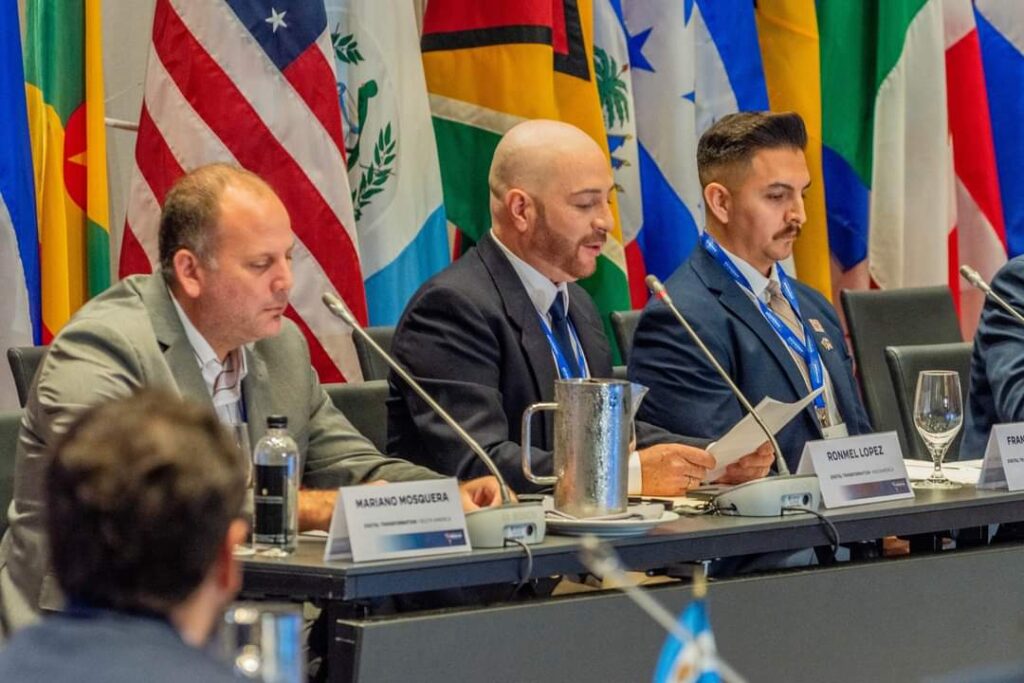
“The Cuban diaspora in the United States is larger than the Nicaraguan ones, for that reason alone it will have more possibilities of sponsorship, because of the support networks, to this is added that many Nicaraguans, despite having legal status, they do not speak English to such a level that they do not feel comfortable preparing the online form and submitting it in English,” says Montealegre.
To the above, he adds that it is necessary to consider the ability to prove their economic capacity because “many people, despite having a legal status, perhaps have an informal job, receive their income in cash and do not have a way to prove it because they do not deposit it in a bank account and do not declare their federal taxes, which is the best proof to be sponsors.
How viable is the parole?
The immigration law expert considers that “the efforts with this program lack some actions that do not match the realities.”
List that It is difficult to get sponsors because within Nicaragua, “they are being denied the processing or renewal of the passport.”
Regarding whether or not it is viable, in his opinion, the program is “as the information is better handled with the right people”, however, he considers that “it can be improved as difficulties arise, without forgetting that the root is respect for the Human Rights of the countries of origin”.
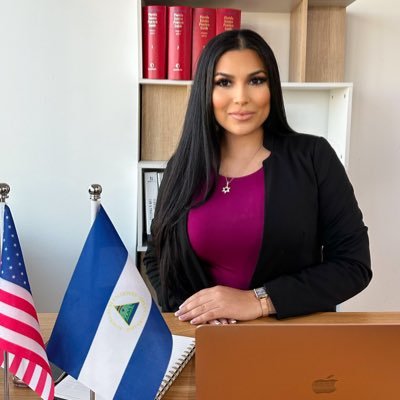
Starina JerezImmigration Paralegal, Political Science student in the US, agrees that parole is “viable” for all qualifying nationalities, however, says that “the main problem is that the sponsor does not meet all the requirements ».
Finally, Jerez stresses that The opportunity “seems positive to me in terms of the security that migrants will have to come by planeand they will not have to risk themselves at the border avoiding few risks such as kidnappings, rapes, robberies, murders and etc. ».
Vulnerable to scams
Starting from the fact that not all those interested in the humanitarian parole have someone in the North American country to serve as a sponsor, for days on social networks such as Facebook there are groups where sponsors are requested and also offered, they appear with different names such as “USA Sponsors”, “Sponsors for Venezuelans to the USA”.
Searching for a sponsor on social networks is, considered by experts, a great risk of being a victim of a scam. And so, the United States government has alerted him through its embassies in countries whose citizens can apply for humanitarian parole.
López, an expert in immigration law, maintains that currently in the midst of despair and the discouraging scenario for those who yearn to travel to the US, what he considers a type of “clandestine market” of sponsors under economic arrangements has emerged.
The expert stated that he is aware of cases of people who become “basically easy prey for unscrupulous people” who usually ask the interested parties “to put the properties, land, houses or an amount of money paid from Nicaragua in the name of the sponsors to be able to come to the United States.
Related news: US “humanitarian parole” could be approved in four days
In exchange, he says, people promise to provide them with a roof and food, given the imminent risk of losing everything, and in case of traveling, to reach the US, and find a completely different reality, such as doing anything under blackmail and even work for that person without fair remuneration.
López insisted that people who offer to sponsor in exchange for depositing exorbitant amounts of money should be distrusted, and recommended reporting cases to the corresponding authorities or to organizations or lawyers who handle the issue and can guide them.
By: United Voices

